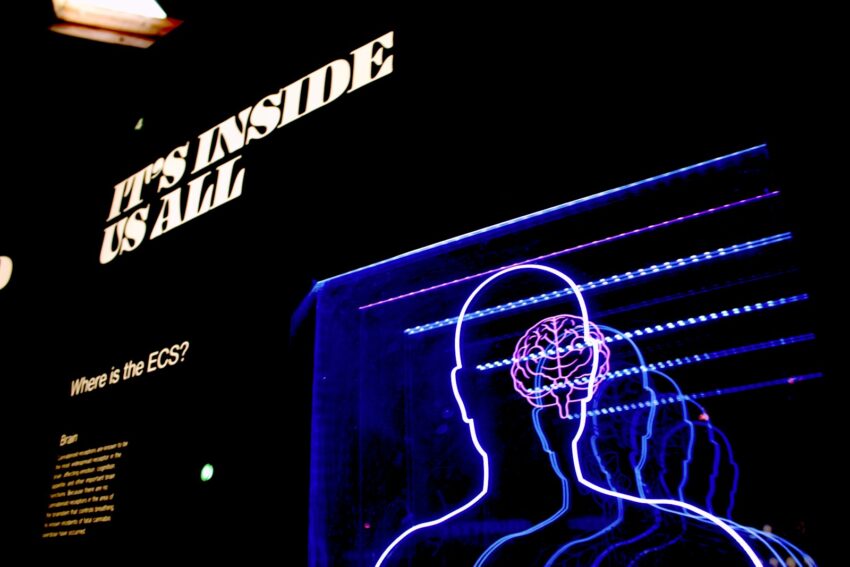If you have fled your home country, adjusting to a new environment can be incredibly stressful. Many refugees and asylum seekers experience mental health challenges such as anxiety, poor sleep, or difficulty concentrating. Understanding mental health, recognizing symptoms, and knowing where to find help are crucial steps toward recovery.
Understanding Stress and Mental Health Challenges
When you flee to another country, you may experience mental and physical symptoms caused by stress. Common psychological challenges include feelings of gloom, anxiety, difficulty trusting others, and social withdrawal. Physical symptoms may include pain or loss of appetite.
These symptoms are your body's natural response to difficult or traumatic events and often resolve over time. However, professional help may be necessary if these symptoms persist.
Recognizing Mental Health Symptoms
Here are common signs of stress and mental health struggles:
- Poor sleep
- Excessive worrying
- Fatigue
- Difficulty concentrating
- Forgetfulness
- Irritability or anger
- Frequent crying or startling easily
- Nightmares
If these feelings persist or worsen, it’s essential to seek professional help.
Steps to Improve Mental Well-Being
Self-Help Strategies
- Talk to Someone You Trust
Sharing your feelings with a trusted person can help reduce loneliness and stress. If talking about your emotions feels overwhelming, engage in social activities or volunteering. - Stay Active
Physical activity can significantly reduce stress. Even a simple walk or bike ride can make a difference. Avoid sleeping during the day to maintain a healthy routine. - Maintain a Routine
Consistency in daily activities, such as regular sleeping and eating times, helps establish a sense of control. - Healthy Eating
Consuming three nutritious meals a day boosts your energy and helps reduce stress. - Engage in Meaningful Activities
Whether attending a mosque, church, library, or museum, immersing yourself in cultural or spiritual activities can bring comfort.
Seeking Professional Help
When to Seek Help
If your symptoms persist for more than a month or worsen, professional assistance is recommended. Mental health issues such as depression, post-traumatic stress disorder (PTSD), or substance dependence may require targeted interventions.
Who to Contact
- General Practitioner (GP): Your GP can refer you to psychologists, social workers, or practice counselors who specialize in mental health.
- Mental Health Organizations: Resources are available for both documented and undocumented individuals.
Mental Health Resources in Amsterdam
For Documented Refugees
- GP Services:
- GPs are the primary point of contact for mental health concerns and can connect you with appropriate services.
- Check coverage with your health insurance provider.
- Municipal Programs:
- The City of Amsterdam offers integration programs with mental well-being support. Learn more here.
For Undocumented Asylum Seekers
- Kruispost:
- Location: Oudezijds Voorburgwal 129A, 1012 EP Amsterdam.
- Provides primary and psychosocial care. Confidentiality is guaranteed, and a voluntary contribution of €5 is requested.
- Open Mon–Thurs (10:00–12:00, 19:00–21:00), Fri (10:00–12:00, 16:00–18:00).
- Doctors of the World:
- Offers medical and mental health care in collaboration with local providers.
- Pharos:
- Supports healthcare providers working with undocumented individuals and facilitates access to mental health care.
- Dr. Valckenier’s Practice:
- Specializes in complex cases (addiction, psychiatric, and chronic issues).
- Appointments: Call (+31) 20 555 9427 or visit Valckenierstraat 2, Mon–Fri (09:00–12:00).
- Red Cross Mental Well-Being Support:
- Offers guidance on accessing mental health care.
- Interpretation Services:
- Language support is available for non-Dutch speakers. Find interpreters for mental health care here.
Additional Support for Refugees
- Free Library and Museum Access:
- Many libraries and museums in the Netherlands offer free or discounted access to refugees. For example, the Amsterdam Public Library (OBA) provides resources and activities tailored to refugees.
- Local NGOs for Refugees:
- Organizations like VluchtelingenWerk Nederland assist with social integration and mental health care services.
- Nederlands Migratie Instituut (NMI) offers additional support and counseling.
- Cultural and Social Activities:
- Some community centers, such as Huis van de Wijk, provide workshops, language courses, and social events for refugees and asylum seekers.
- Volunteer Support Networks:
- Networks like RefugeeHelp connect refugees with volunteers who can provide guidance and companionship.
An asylum seeker can get a (free) medical examination in the reception centre. A nurse then determines whether one is healthy enough to explain the asylum story. This enables the IND to take account of health issues during interviews, this examination is not obliged. Also, an asylum seeker coming from a TB listed country should undergo a TB test. You can read more on this here: Medical examination in the asylum process | IND.
At nearly every COA reception location, GZA (Asylum Seeker Healthcare) has a healthcare centre where the asylum seeker can go for an appointment with a healthcare profession. Such as a doctor’s assistant, nurse, mental healthcare nurse practitioner or general practitioner.
Direct medical question or a medical problem, the asylum can go to the walk-in consultancy without an appointment, or call the GZA hotline: 088 - 112 2 112. A visit with a GZA nurse, just like with the family doctor, is free of charges. Everyone who lives in the AZC has a health insurance from COA. You will not have to pay for extra costs or own risk (eigen risico). For more information you can look here: gzasielzoekers.nl English > I am asylum seeker.
More information on the asylum procedure in the Netherlands is available on our website: Apply for asylum in the Netherlands | IND. And on the website of Refugeehelp: RefugeeHelp - Information for asylum seekers in the Netherlands.
Accessing mental health care is your right, regardless of your legal status. Utilize these resources to prioritize your well-being and seek help when needed. Sharing your experiences and connecting with others can be the first step toward healing.
If you’re in immediate distress in the Netherlands, dial 112 for emergency services.

